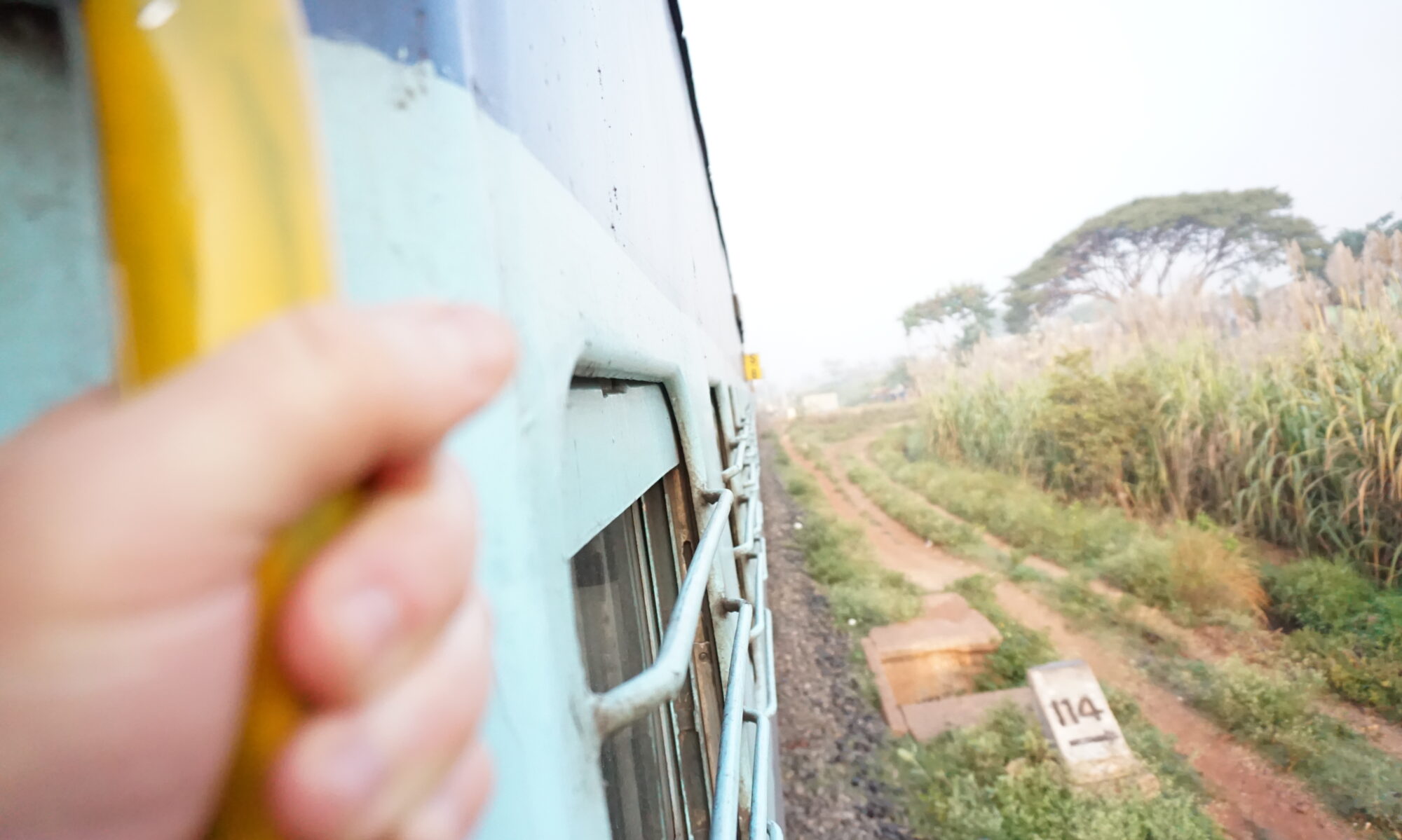Podcast: Play in new window | Download
Subscribe: Apple Podcasts | Spotify | RSS
Alex Sterling is a Clinical Counsellor based in Victoria, BC, Canada. She shares with us some excellent tips on how to help support your friends, family members, clients and your own mental health during this time and as we move through the pandemic together. She has ample experience with post-traumatic stress disorder (PTSD) and shares with us some very tangible advice to help decrease the risk of either our clients or ourselves developing PTSD.
Global Mental Health is being impacted by the COVID-19 pandemic in some of the following ways:
- Feelings of isolation and being unsafe
- Nervous systems are heightened
- Sleep disturbances
- Anxiety and worry
- Amplifying pre-existing mental health issues
How physiotherapists can help support our clients during this challenging time:
- Provide pro-social responses to those experiencing trauma. This means meeting them with a positive social response, especially if they have contracted COVID-19. This decreases the person’s risk of developing PTSD.
- Help people to focus on routine
- Help people focus on what they can control
- Help people adjust their expectations at this time and normalize the fact that we might not be as productive and successful given the current situation
Tips for physiotherapists and all health care workers to help them take care of themselves psychologically at this time:
- Include yourself in the equation of care
- Recalibrate expectations of yourself
- Tune into body and notice ebb and flow of energy. Allow yourself to adjust how much energy you’re using that day depending on how much energy is available to you.
- If you’re having a low day, find moments while at work to ground yourself. This could mean checking in with your body while you take 2 minutes to wash your hands. Or you could find a moment to get fresh air or check-in with someone emotionally. It is them really important to allow yourself to process your feelings once you’re home from work.
- Remind yourself why you’re doing something to help you get through the tough moments
- Be intentional with self-care during and after your shifts
An amazing insight on how to process our fear, stressor or trauma in the moment to help decrease the incidence of PTSD:
- Acknowledge when you are feeling an intense fear/stressor response and allow the process to happen. Allow the tears to come, allow yourself to shake, and then allow your nervous system to calm back down. This will allow the stress hormones and the cascade of fear response to come back to equilibrium. If this doesn’t happen, these stressors pile up on top of each other and the nervous system won’t return back to equilibrium. Allowing the nervous system to come back to equilibrium is important for long term mental health.
Krysta’s e-mail: globalphysiopodcast@gmail.com
